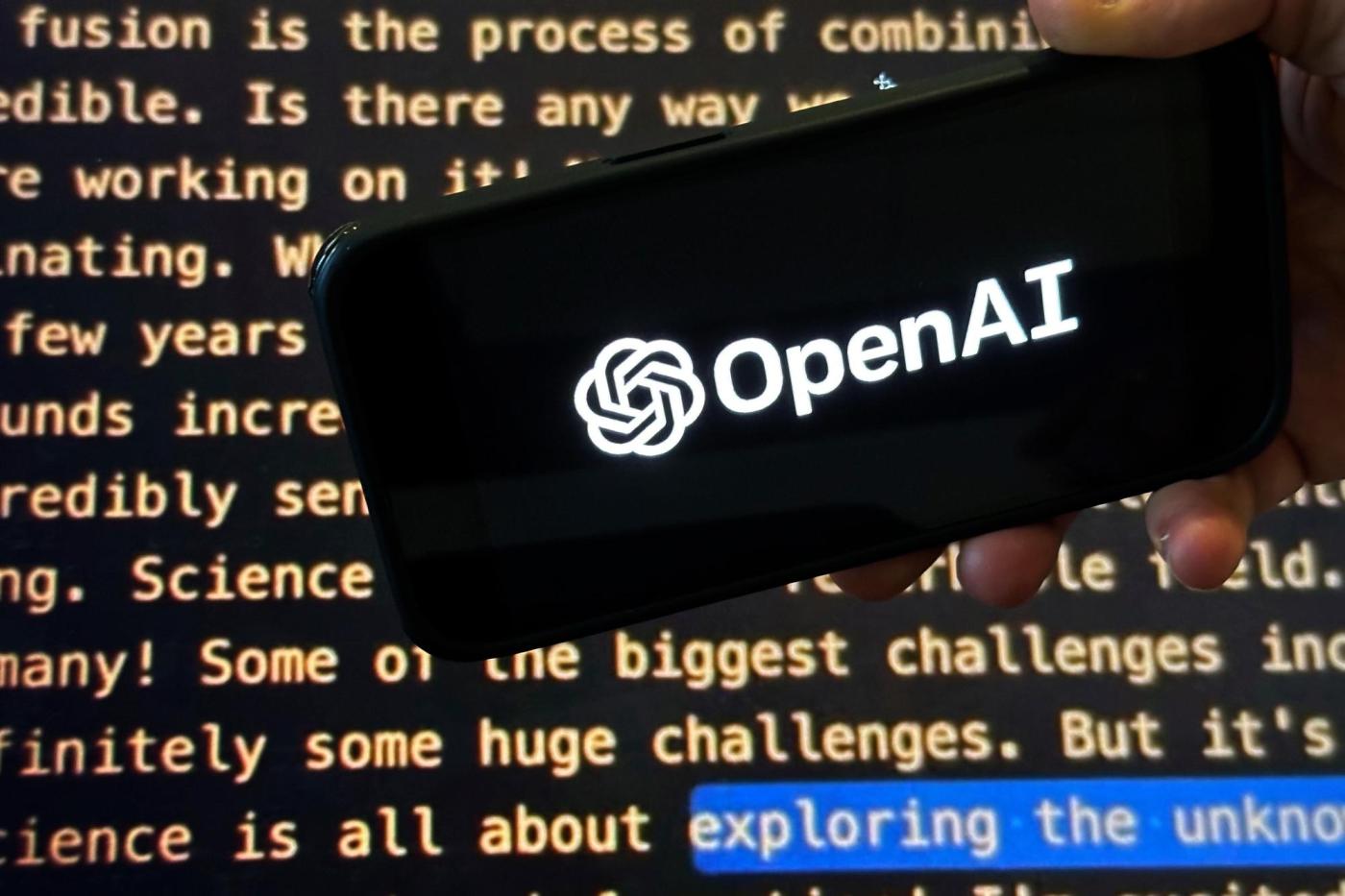OpenAI introduced its own web browser, Atlas, on Tuesday, marking a significant step that puts the ChatGPT maker in direct competition with tech giant Google. As more internet users increasingly rely on artificial intelligence to answer their questions, OpenAI aims to transform its popular AI chatbot into a gateway for online searches. This move could boost OpenAI’s internet traffic and digital advertising revenue, while also reshaping how users interact with online content.
Atlas could have profound implications for online publishers. If ChatGPT efficiently provides summarized information, users might stop exploring the wider internet and clicking on traditional web links, potentially cutting off vital traffic to publishers.
OpenAI has already announced that ChatGPT boasts over 800 million users worldwide, though many access the service for free. The San Francisco-based company also offers paid subscription plans but continues to spend more than it earns as it searches for effective ways to turn a profit.
**Launch and Availability**
Atlas was launched on Apple laptops this Tuesday, with plans to expand to Microsoft Windows, Apple’s iOS phones, and Google’s Android devices in the near future. OpenAI CEO Sam Altman described the release as a “rare, once-a-decade opportunity to rethink what a browser can be about and how to use one.”
Despite the optimism, market analyst Paddy Harrington from Forrester cautioned that competing against a giant with Google’s overwhelming market share will be a considerable challenge.
**Competitive Landscape**
OpenAI’s browser debut comes just months after one of its executives testified about potential interest in acquiring Google’s Chrome browser if a federal judge had ordered it sold. This was part of an attempt to prevent anticompetitive monopolistic practices associated with Google’s dominant search engine.
However, U.S. District Judge Amit Mehta recently rejected the proposed Chrome sale sought by the Department of Justice. He cited ongoing advances in the AI field as having already reshaped the competitive landscape.
Chrome remains an imposing competitor, boasting about 3 billion users worldwide. Google has also started integrating AI features powered by its Gemini technology into Chrome, further strengthening its position.
**A Blueprint for Success**
Google’s Chrome revolutionized the browser market when it was launched in 2008. At that time, Microsoft’s Internet Explorer dominated the market, and few believed a new browser could effectively challenge it. However, Chrome quickly captured users by loading pages faster and delivering other advantages, eventually leading Microsoft to retire Internet Explorer and develop the Edge browser, which now holds a distant third place after Safari.
Smaller AI startups are also entering the browser market. For instance, Perplexity launched its own Comet browser earlier this year and expressed interest in purchasing Chrome. The company reportedly made a $34.5 billion unsolicited offer for Chrome but hit a dead end following Judge Mehta’s decision.
**Innovative Features**
Altman envisions a future where the traditional URL bar is replaced by a chatbot interface as the main way people navigate the internet. “Tabs were great, but we haven’t seen a lot of browser innovation since then,” he said during a video presentation on Tuesday.
One of the premium features of the ChatGPT Atlas browser is “agent mode.” This mode allows the browser to access the user’s laptop and effectively browse the internet on their behalf. It uses the user’s browser history and search intent to click through pages, all while explaining its process as it searches.
“It’s using the internet for you,” Altman explained.
Harrington offered a more cautious perspective, suggesting that such functionality might “take personality away from you.” He raised concerns about how the browser’s profiling could shape results based on collected data and advertising preferences. “OK, scary,” he remarked. He questioned whether the browsing experience would truly reflect the user’s independent thinking or be influenced by the engine’s algorithms and ads.
**Growing AI Usage and Concerns**
According to a recent Associated Press-NORC Center for Public Affairs Research poll, about 60% of Americans overall—and 74% of those under 30—use AI at least some of the time to find information online. AI-powered search has become one of the technology’s most popular applications.
Since last year, Google has incorporated automatic AI-generated answers that appear at the top of search results, aiming to directly address queries.
However, reliance on AI chatbots raises several issues, including their tendency to sometimes provide confidently stated but false information, a phenomenon known as hallucination.
The news industry is particularly troubled by how chatbots generate new content based on existing online writings. This has resulted in legal actions, including lawsuits against OpenAI from The New York Times and other outlets alleging copyright infringement. Meanwhile, some organizations like The Associated Press have struck licensing agreements with OpenAI.
**Quality Challenges**
A study released Wednesday by the European Broadcasting Union (EBU), a coalition of public broadcasters across 56 countries, evaluated four leading AI assistants—such as ChatGPT and Google’s Gemini. The research analyzed over 3,000 responses to news-related questions and found that nearly half of the AI-generated replies were flawed and didn’t meet the standards of “high-quality” journalism.
This study aims to highlight quality concerns and help improve AI response accuracy.
—
**About the Author**
Associated Press writer Jamey Keaten contributed to this report.
https://www.chicagotribune.com/2025/10/21/openai-atlas-browser/
